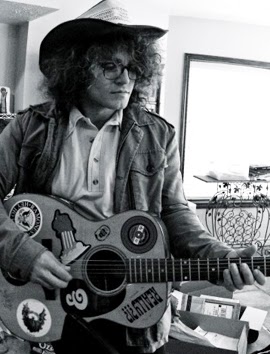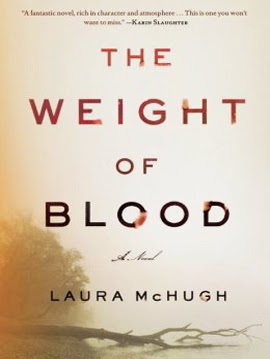Playing in Rome could have helped jumpstart what has become a breakout year for the band, just a few months after playing their first gig at The Pint last year. The Pint picked the band up shortly after the foursome released their first two singles, one of which made the EP, and began climbing the Irish indie rock charts.
The Brass Phantoms are well worth a listen.
The EP opens with Tell Me What's Your Game, a poppy alternative rock track that immediately expresses how it feels to be on the fringe of things. The lyrics express a sense of disappointed awkwardness in contrast to an otherwise bouncy composition.
What makes the contrast work so well is that the instruments provide a sense of environment for the lyrical sentiment, making singer Ryan Cashell sound even more isolated from everything around him. Props to Adam McCabe too, who on drums keeps pace with cymbal-heavy work to make Tell Me What's Your Game both brisk and urgent.
Tell Me What's Your Game is followed up by the band's first single, Summer Song. The arrangement is great in that it immediately drops the band into a lower, slower gear. The real strength of the song is the steady delivery of lyrics that people can immediately relate to.
Summer Song emphasizes the problems that other people face in their lives while remaining pragmatic in seeing Cashell's own life. Simply put, Cashell gives himself permission to be hopeful after all is said and done. The album version gives the band a fuller sound, but the demo still captures the essence of it.
With Summer Song enjoying considerable playtime along with the B-side Kaleidocope, which didn't make the EP, the Brass Phantoms have been promoting the self-titled EP with Hawaii. Hawaii isn't the strongest track, but it is exceptionally accessible as it pines away on personal nostalgia.
The last track, I Fly Kites, easily qualifies as the roughest cut on the album. The roughness doesn't come from the guitar work by James Geraghty and Greg Whelan but rather Cashell who croaks out some of the lyrics much in same way he did on the Kaleidocope demo.
The breaking voice seems intentional, with the unintentional consequence of distracting from the verse. The chorus, on the other hand, is smoothed out with some reverb and modest echo. Still, the distraction doesn't disrupt the song outright. I Fly Kites has one of the best builds of the bunch, breaking a bit from some of their more even compositions.
The band traces its earliest roots to 2011, when Cashell and Geraghty decided they wanted to be in a band together while attending a concert. Shortly after, they joined a band called Under Fire before deciding they wanted more freedom in setting the creative direction. Their vision finally came to fruition last year when they settled on a name and released their first two singles.
The Brass Phantoms Self-Titled EP Hits 7.2 On The Liquid Hip Richter Scale.
All in all, the EP sets up the Brass Phantoms as a band with a promising future. All they need is a little more playtime outside of Dublin. This too is only a matter of time. The band is already booked at the Czech Inn (Prague) and King Kong Club (Germany). Add them to your watch list.
The Brass Phantoms Self-Titled EP is available from iTunes. You can also download the album direct from bandcamp. The EP was produced by Graham Bryne at Temple Lane Studio. You can also find the band on Facebook to keep up with tour information.
![Liquid [Hip]](https://blogger.googleusercontent.com/img/b/R29vZ2xl/AVvXsEjAFBQPqS7J0-rrttNoRYSsuwIePPZf4Nq6sqDioK1zzVQXJIQXKzq_NVNI4n6h3inuRQFBKOcJeZeSufkdHHIOxbSWyBjTjTxgKEQGyPzdwvkEEeECh4bI5YEGk4RWGUINSd7vulPQsCA/s1600-r/liquidhip.jpg)



















